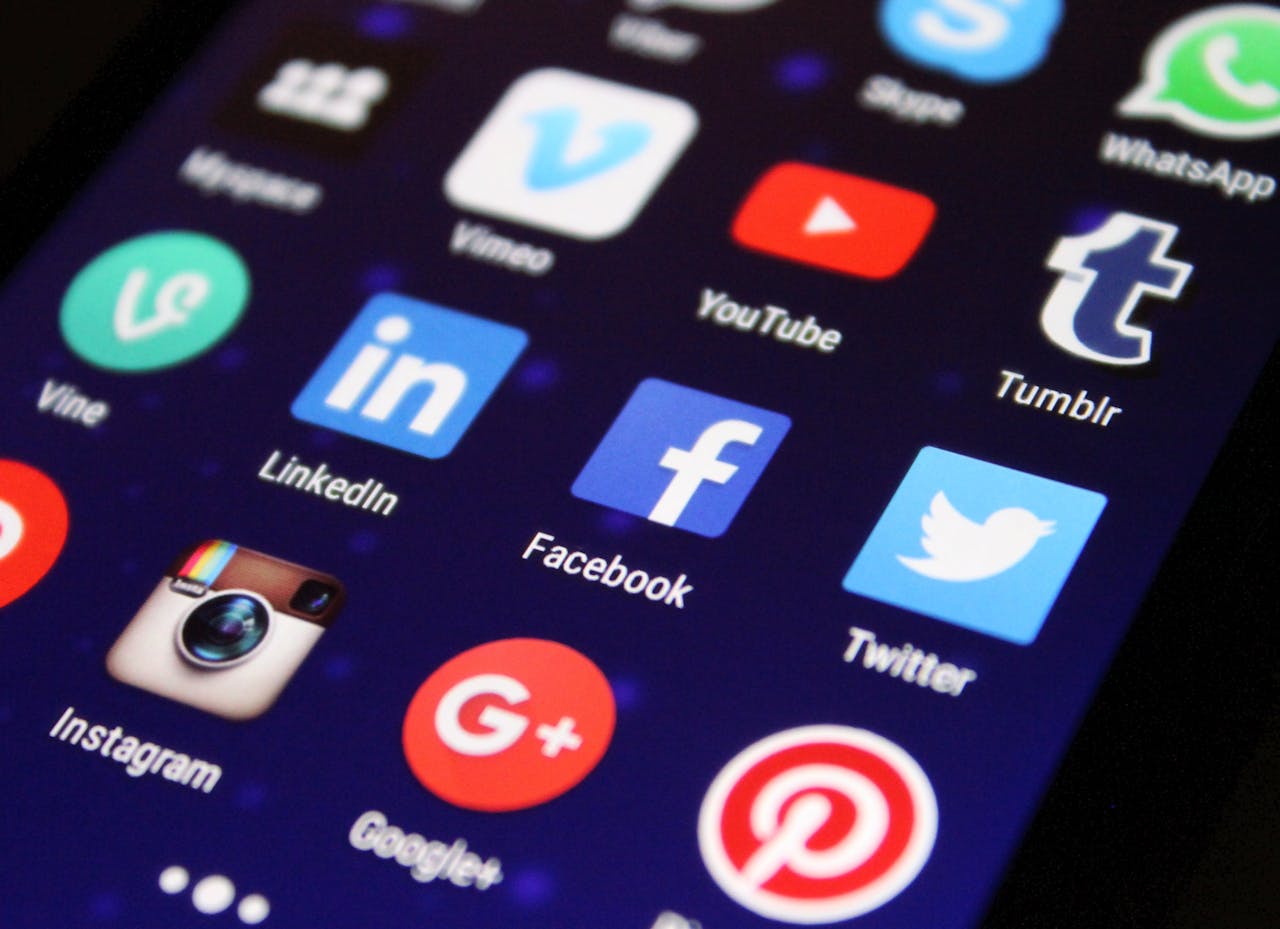
We live in a world where apps can do almost anything. They help us wake up, track our sleep, and even order groceries. But some apps keep working—and charging you—while you sleep. You might not notice these charges until you check your bank statement. These costs can add up fast, especially if you forget about a subscription or don’t use the service much. It’s easy to sign up for a free trial and then forget to cancel. That’s why it’s important to know which apps might be charging you overnight. Here’s what you need to watch out for and how to avoid paying for things you don’t need.
1. Sleep Tracking Apps
Many people use sleep tracking apps to monitor their sleep. These apps promise to help you sleep better by analyzing your patterns. However, most popular sleep tracking apps, such as Sleep Cycle or Pillow, have a monthly or yearly fee. You might start with a free trial, but if you don’t cancel, the app will charge you automatically. Some even offer “premium” features that cost extra. If you’re not careful, you could end up paying for a service you barely use. Always check your subscriptions in your phone’s settings. If you’re not using the app, cancel it before the next billing cycle.
2. Meditation and Mindfulness Apps
Apps like Calm and Headspace are everywhere. They offer guided meditations, sleep stories, and breathing exercises. These apps often charge a monthly or annual fee, and the charges keep coming whether you use them or not. Some people sign up for a free trial to help with stress or sleep, then forget to cancel. The app keeps charging your card, even if you haven’t opened it in weeks. If you want to save money, set a reminder to review your subscriptions. You can also look for free alternatives or use the basic features without paying.
3. Cloud Storage Services
Cloud storage apps like iCloud, Google Drive, and Dropbox back up your photos, files, and data automatically. This can be helpful, but it’s easy to forget you’re paying for extra storage. These services often charge a small monthly fee, but over time, it adds up. You might not even realize you’re being charged if the amount is small. Check your storage needs and see if you can downgrade to a free plan. Delete old files or photos you don’t need. If you’re not using the extra space, cancel the subscription.
4. Fitness and Workout Apps
Fitness apps are popular for tracking workouts, steps, and calories. Many of them, like Fitbit Premium or Peloton, charge a monthly fee. Some even offer sleep tracking as part of the package. You might sign up to get in shape, but if you stop using the app, the charges don’t stop. These apps often renew automatically, so you need to cancel them yourself. Review your fitness app subscriptions every few months. If you’re not using the features, it’s time to cancel.
5. Streaming Services
Streaming apps like Netflix, Spotify, and Apple Music charge you every month, whether you’re awake or asleep. It’s easy to forget about a service you signed up for, especially if you don’t use it often. Some people have multiple streaming subscriptions and only use one or two. These charges can sneak up on you. Review your streaming services and cancel the ones you don’t use. You can always sign up again later if you miss them.
6. Language Learning Apps
Apps like Duolingo, Babbel, and Rosetta Stone help you learn a new language. Many offer a free version, but the best features cost money. These apps often charge a monthly or yearly fee, and the charges keep coming even if you stop practicing. If you’re not using the app, cancel the subscription. You can always use the free version or find other ways to practice.
7. Online News and Magazine Subscriptions
Many news apps and digital magazines charge a monthly fee for access to articles. You might sign up to read one story, then forget to cancel. The app keeps charging you, even if you don’t read anything else. These charges can be easy to miss, especially if they’re small. Review your subscriptions and cancel the ones you don’t use.
8. Mobile Game Subscriptions
Some mobile games offer “VIP” or “premium” memberships. These give you extra features, coins, or ad-free play. The charges are often small, but they add up over time. You might sign up for a free trial, then forget to cancel. The game keeps charging you, even if you stop playing. Check your app store subscriptions and cancel any game memberships you don’t use.
9. Digital Productivity Tools
Apps like Evernote, Notion, and Todoist help you stay organized. Many offer a free version, but the best features cost money. These apps often charge a monthly or yearly fee, and the charges keep coming even if you stop using them. If you’re not using the premium features, downgrade to the free plan or cancel the subscription.
10. Dating Apps
Dating apps like Tinder, Bumble, and Hinge offer premium features for a fee. These might include unlimited swipes, seeing who liked you, or boosting your profile. The charges are automatic and keep coming, even if you stop using the app. If you’re not actively dating, cancel the subscription. You can always sign up again later if you need it.
Take Control of Your Subscriptions
Apps that charge you while you sleep can drain your bank account without you noticing. The best way to avoid this is to review your subscriptions regularly. Set a reminder to check your app store or bank statement every month. Cancel anything you’re not using. Many phones have a section in settings where you can see all your active subscriptions in one place. Use it. Don’t let apps take your money while you’re not paying attention. Stay in control of your spending and only pay for what you use.
Have you ever found a surprise charge from an app you forgot about? Share your story in the comments.
Read More


